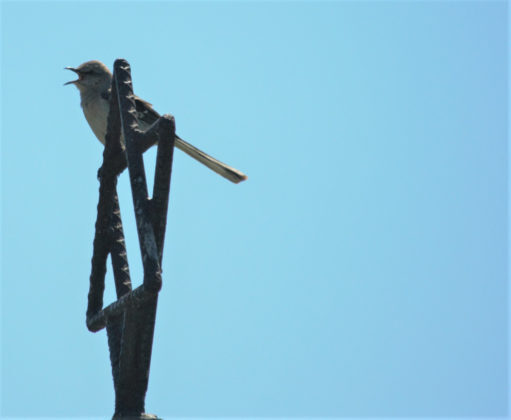What if you find a lump but have no health insurance and earn perhaps too much to qualify for Medicaid? We may have improved access to health care on January 1st, but that does not help those who develop potential health concerns before then.
There is something scarier than thinking you may have breast cancer– it’s that possibility combined with the inability to cover the cost of screening, let alone treatment. Worries about mortality and quality of life are then compounded with worries about financial ruin and all that comes with it.
The barrage of pinkwashing and messaging to get checked can seem annoying and alienating to those who feel the need to delay or even avoid screening. The mammogram is held up as that thing to go out and get, but a mammogram alone does not necessarily rule out cancer, especially for those with dense breast tissue.
A manual exam, mammogram, ultrasound, and biopsy to diagnose can add up into the thousands of dollars. For some, that means the savings account they may have will be drained, and that’s just to get a diagnosis.
Women earning on the lower end of the scale may be eligible for free screening through the Connecticut Breast and Cervical Early Detection Program. There are restrictions on income and age, but the screenings include clinical breast exams, diagnostic mammograms, breast ultrasounds and biopsies, and surgical consultations. Once in the system, women can be guided through other programs and payment options if the diagnosis is cancer. Those who fall in the gap between having affordable health care and being able to qualify for Medicaid may qualify for these programs.
For those who have the funds, there are ways to give meaningful contributions, like donating directly for another person’s mammogram.
Detection and treatment, while necessary, are overly emphasized by certain philanthropic organizations, especially during Breast Cancer Awareness Month. Conventional wisdom states that prevention is cheaper than the cure, and no doubt, cheaper than the expensive screenings, surgeries, and treatments. We’re not talking about having a prophylactic mastectomy, though even that radical approach does not come with a 100% guarantee of preventing the development of breast cancer. We’re talking about reducing the risk factors that we can do something about daily, most of which save us money regardless of any other health benefits we may receive.
The Fred Hutchinson Cancer Research Center suggests these behaviors and activities to reduce one’s risk:
- avoid obesity
- eat more whole, plant-based foods and fewer — if any — animals, refined carbohydrates, and sugars. Sorry, all you bacon-obsessed hipsters out there.
- get a moderate level of exercise. Walking counts.
- avoid alcohol or limit intake to one drink per day. Doesn’t matter if that drink is a wine cooler or a shot of tequila.
- avoid or limit hormone replacement therapy for menopause
- stop smoking
- if possible, breast-feed your infant for as long as possible
The American Cancer Society, speaking of a broader range of cancers, says that “One-third of all cancer deaths in the United States each year are linked to diet and physical activity, including being overweight or obese, while another third is caused by tobacco products.”
Excess body weight, the American Cancer Society says, is thought to be a contributing factor in one in five of all cancer-related deaths.
This is not about piling on guilt or blaming victims, but taking an active, responsible role in maintaining one’s health, insofar as possible. Some are quick to point out that they know people who ran marathons and still developed cancer; the big picture is that breast cancer, or any cancer, is not the only health threat men and women may face. Almost all the activities named for reducing one’s cancer risk are also behaviors that reduce risk of type 2 diabetes and heart disease.
If you would like to see if you are eligible for free breast cancer detection services, contact the Connecticut Department of Public Health at 860-509-8251.
Disclaimer: Information is only as accurate as what is provided by leading medical organizations. Do your research, but take your medical advice from your doctor, should you be so lucky to have one.
.

lobonick
fantastic article… great analysis as to a specific point of discussion.. certainly breast cancer is the type of illness that brings one’s health insurance status into a particular focus…
Kerri Provost
Thanks, Nick